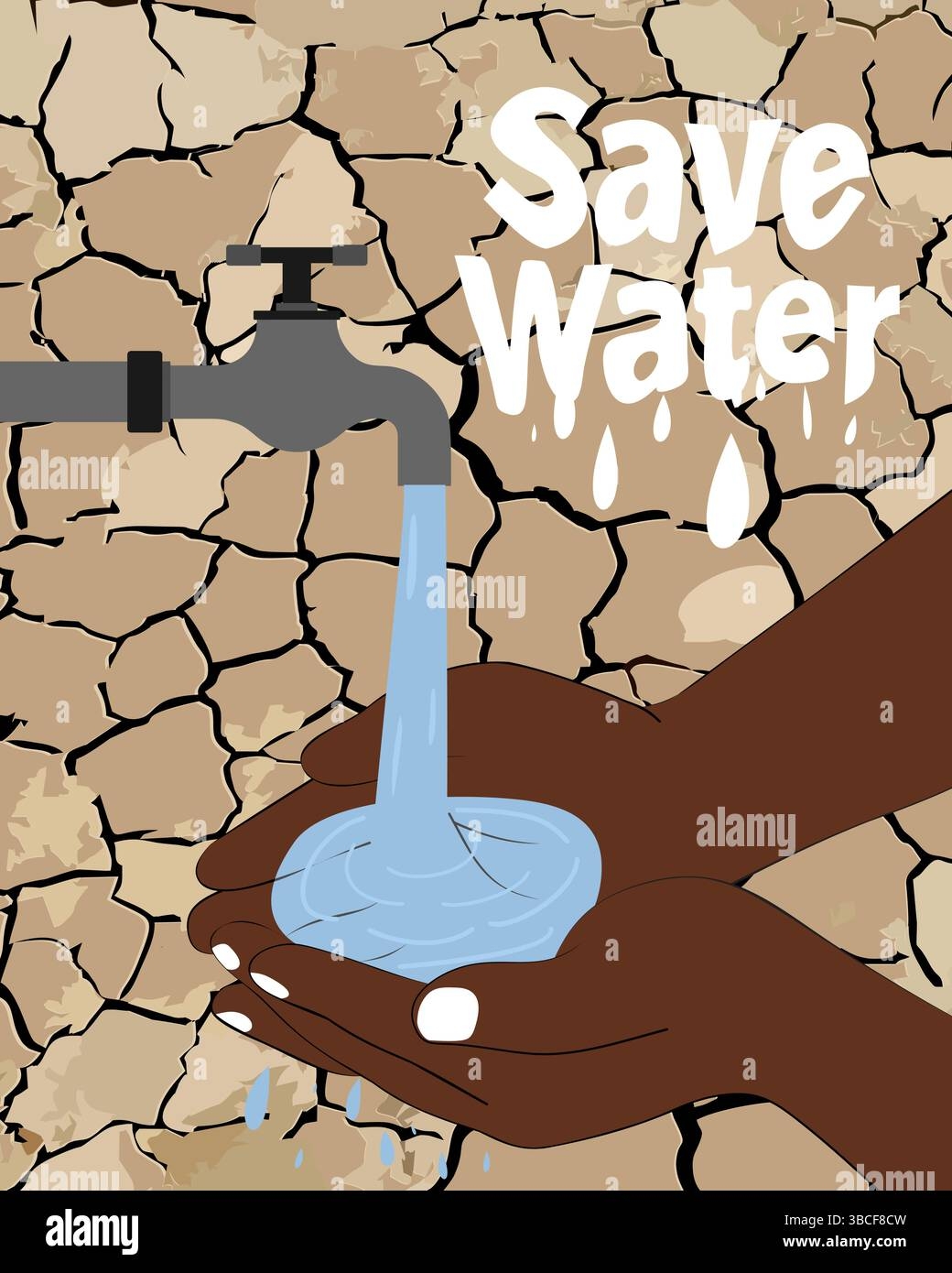Water is essential for life, yet many regions in Africa are facing severe water scarcity issues. With a rapidly growing population and the effects of climate change exacerbating the situation, access to clean and reliable water sources has become a major challenge for many communities across the continent.
According to the United Nations, over 300 million people in Africa lack access to safe drinking water, and the situation is expected to worsen in the coming years if urgent action is not taken. The impact of water scarcity is felt not only in terms of public health but also in agriculture, industry, and overall economic development.
Africa Water Scarcity Drawing
One of the most striking visuals that depict the issue of water scarcity in Africa is a drawing of a dry and barren landscape with cracked earth, wilted plants, and parched animals searching for water. This image serves as a powerful reminder of the harsh reality faced by many communities in the region where water resources are limited and unpredictable.
The lack of access to clean water leads to a range of health problems, including waterborne diseases such as cholera and dysentery. Children are particularly vulnerable, with many missing out on education due to having to walk long distances to fetch water for their families. Women and girls are also disproportionately affected as they are often responsible for water collection, which can be a time-consuming and physically demanding task.
Furthermore, water scarcity has a significant impact on agriculture, which is a vital source of livelihood for many African households. Without reliable water sources for irrigation, farmers struggle to grow crops and raise livestock, leading to food insecurity and economic hardship. This, in turn, can perpetuate a cycle of poverty and malnutrition in many communities.
To address the challenge of water scarcity in Africa, concerted efforts are needed at both the local and international levels. Investments in water infrastructure, conservation practices, and sustainable management of water resources are essential to ensure that all communities have access to clean and reliable water sources. Education and awareness-raising initiatives can also play a crucial role in promoting water conservation and changing behaviors towards water use.
In conclusion, water scarcity is a pressing issue that requires immediate attention and action. By raising awareness about the challenges faced by many African communities and working together to find sustainable solutions, we can help ensure a better future for all. Let us strive to preserve this precious resource for the benefit of current and future generations.
